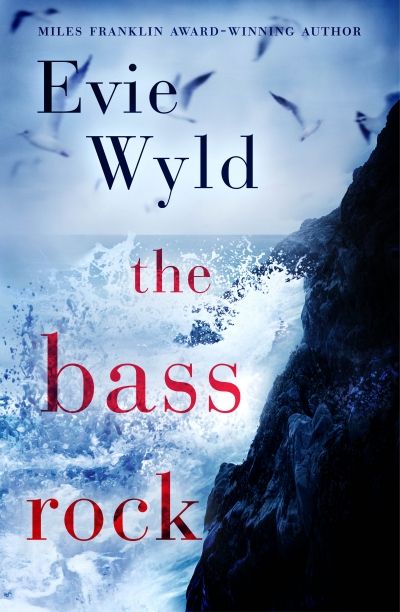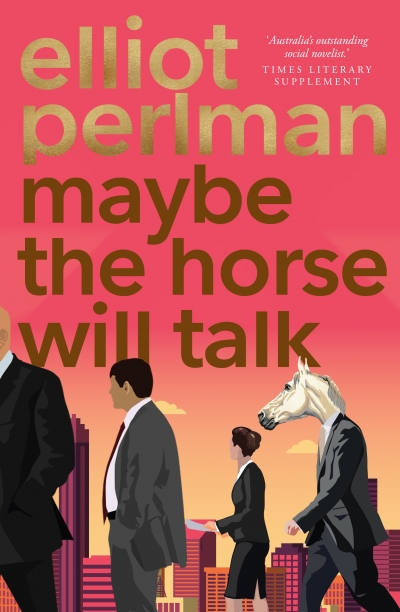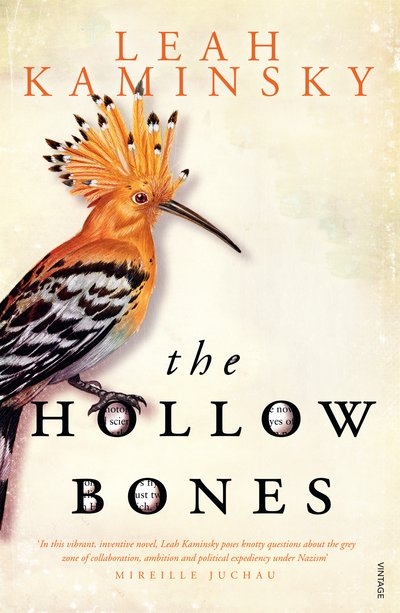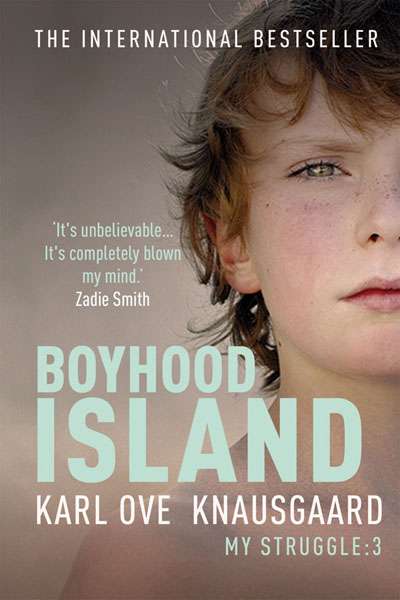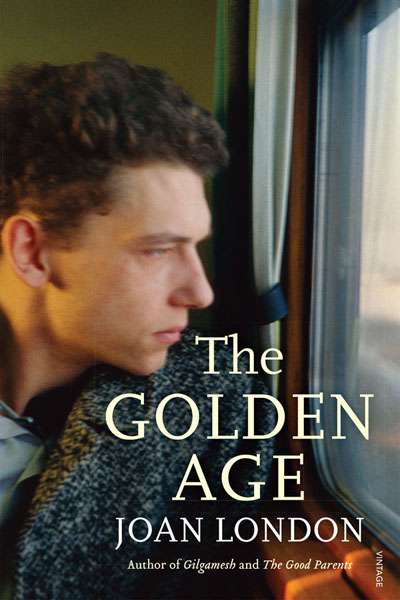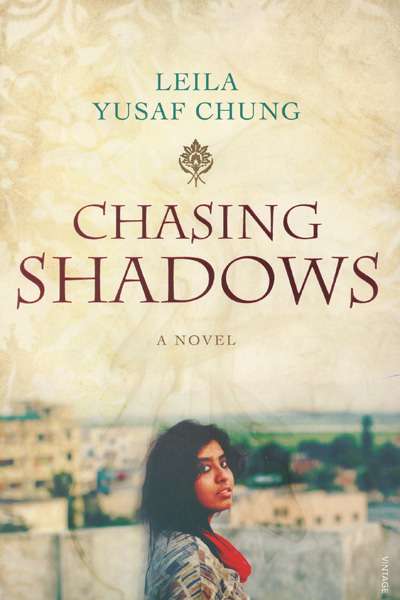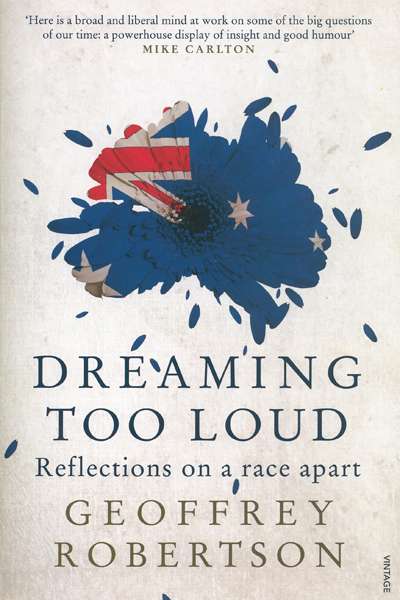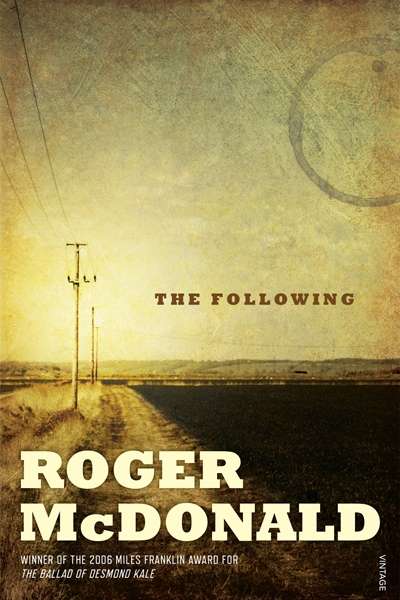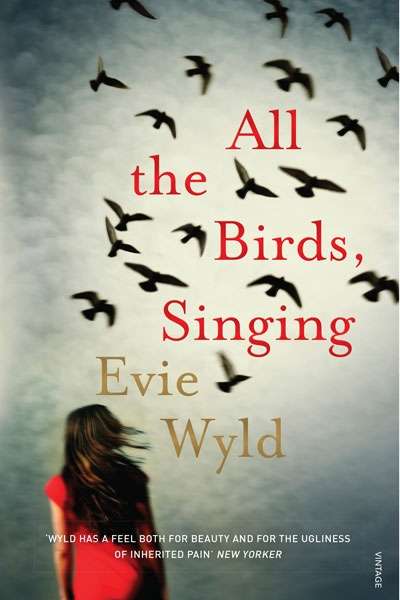The shattered narrative of Evie Wyld’s second novel returns to themes of violence and its aftermath that were central to her first, After the Fire, a Still Small Voice (2009). Its protagonist, Jake Whyte, remembers just one moment of pure beauty. At fifteen, waiting after school for her sister, she is confronted by bullies Hannah and Nerrida. Into the exquisite torture of prods, yanks, and taunts – dyke, homo, Brick Shit House – comes Denver Cobby, a boy so self-possessed that when he smokes outside school, the teachers leave him alone. Jake’s chief tormentor thinks Denver’s invitation ‘You want me to walk you home?’ is intended for her. It isn’t, and Jake knows that she will pay for her triumph, even as she relishes the charge of Denver’s body close to hers and his arm around her waist. Jake’s response to the moment’s undoing is the pivot that alters her life.
...
(read more)

